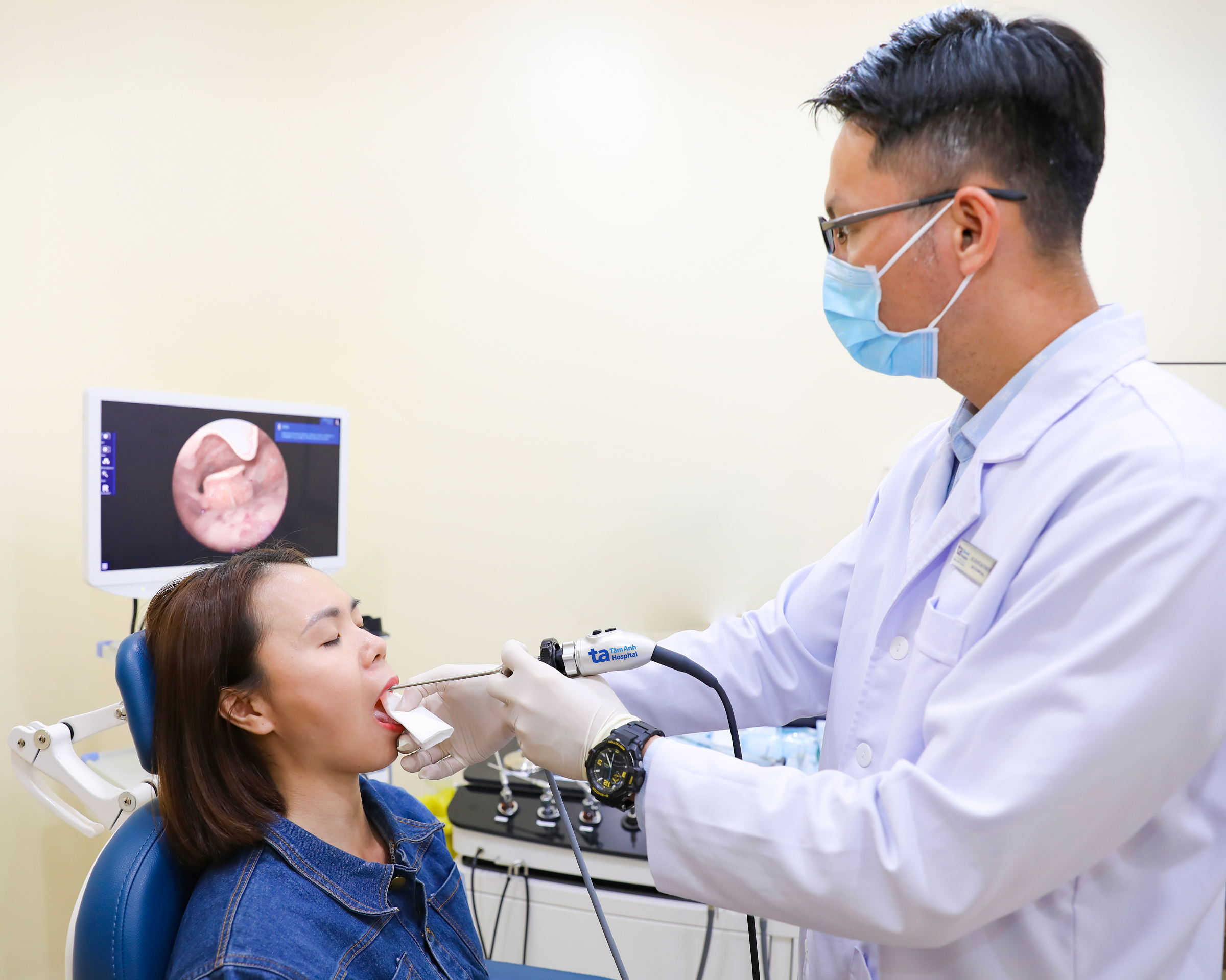Answer:
Coffee offers several health benefits, such as increased alertness, focus, energy levels, and improved bowel movements. However, this beverage is mildly acidic and contains caffeine and additives (milk, sugar, flavorings). Those unaccustomed to caffeine, or who consume a large amount at once, may experience a diuretic effect, leading to dehydration, a dry throat, and irritation. Caffeine can also stimulate the stomach to produce more acid, relaxing the lower esophageal sphincter and causing acid reflux, which can result in symptoms like pain, itching, and a dry cough. If you frequently experience an itchy throat accompanied by heartburn, acid reflux, or if these symptoms also occur after consuming spicy or acidic foods, the cause could be gastroesophageal reflux disease (GERD).
You may also experience these symptoms if you are allergic to coffee, milk protein (if drinking coffee with milk), or other additives. In this case, the immune system mistakenly identifies caffeine as a harmful substance and releases histamine, causing itching, rashes, and potentially anaphylaxis and difficulty breathing.
It is essential to differentiate a caffeine allergy from the side effects of excessive caffeine intake. Consuming too much coffee can cause restlessness or headaches but typically doesn't lead to a sore throat or difficulty breathing like an allergy. Individuals with allergic rhinitis, existing sore throats, or sinusitis are often more sensitive to irritants and may experience throat irritation after drinking coffee.
 |
Doctor Thach performs an endoscopy on a patient. Photo: Tam Anh General Clinic, District 7 |
Doctor Thach performs an endoscopy on a patient. Photo: Tam Anh General Clinic, District 7
Healthy adults can consume up to 400 mg of caffeine daily, equivalent to 4-5 cups of coffee. It's advisable to choose pure black coffee (without milk, and with minimal sugar) or reduce your intake and drink plenty of water to alleviate throat dryness. Discontinue drinking coffee if any unusual symptoms appear. Avoid coffee on an empty stomach, or if you have a sore throat or sinusitis, and avoid excessive consumption throughout the day. You can substitute coffee with caffeine-free herbal teas like chamomile tea.
If symptoms persist, accompanied by hoarseness, difficulty swallowing, persistent sore throat, or a chronic cough, consult an Ear, Nose, and Throat (ENT) specialist and a gastroenterologist. The doctor may perform an ENT endoscopy or assess for acid reflux using techniques like 24-hour esophageal pH monitoring or a gastroscopy to determine the exact cause and provide appropriate treatment.
Doctor Vo Ba Thach, M.D.
Ear, Nose, and Throat (ENT) Unit
Tam Anh General Clinic, District 7
| Readers can submit questions about ear, nose, and throat conditions here for doctors to answer. |












